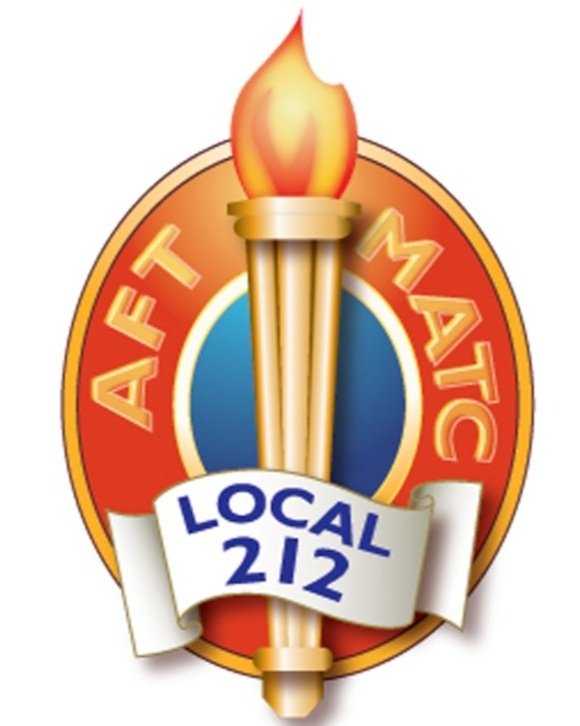Food Insecurity A Hidden Barrier to Higher Education
Teachers, school staff, and families have long been concerned about children in the K–12 education system going hungry, and for good reason. In addition to obvious struggles, children who go hungry tend to experience a range of adverse effects in their behaviors, thoughts, and academic outcomes. Worse, these effects are found for “food insecurity,” which represents a broader scope of need than actually going hungry. According to the US Department of Agriculture (USDA), food insecurity is “a household-level economic and social condition of limited or uncertain access to adequate food.”
Shouldn’t the same adverse effects be expected among college students?
Read more about food security issues facing students, like the ones we serve at MATC, HERE


